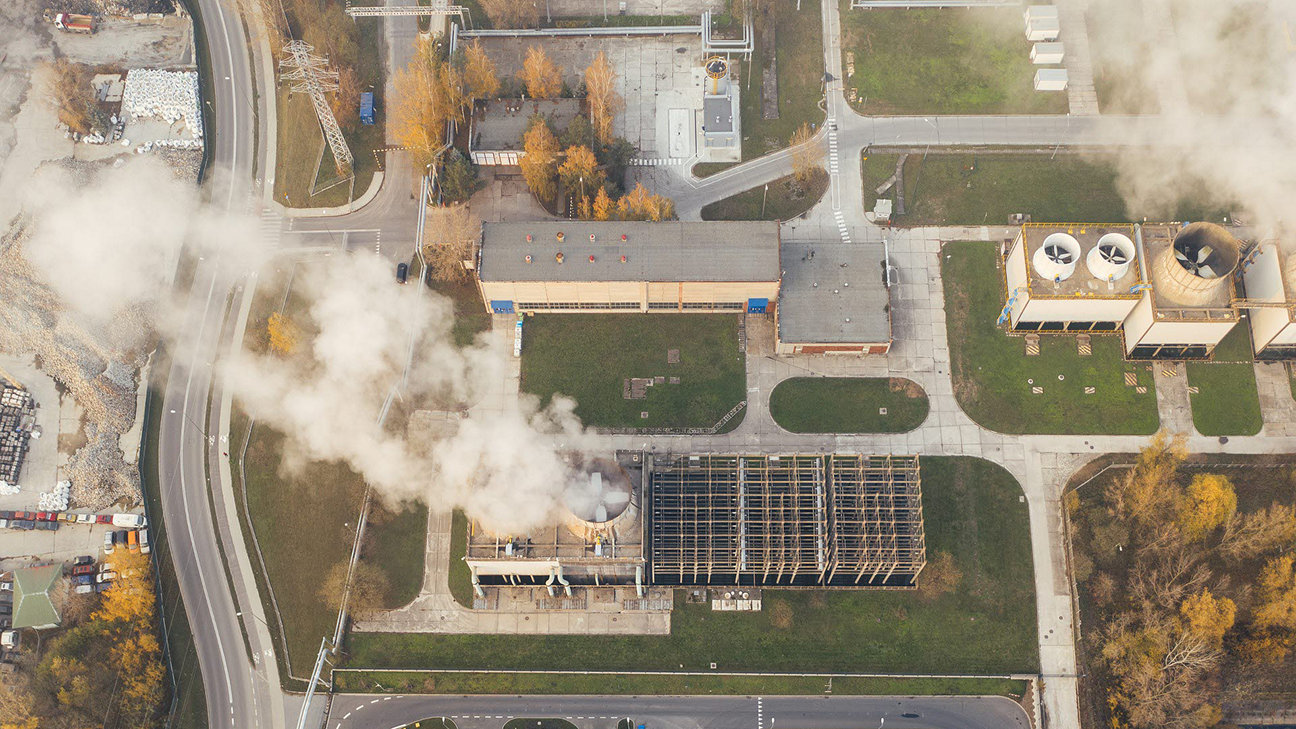We know the challenges facing the built environment and the surveying profession — now it's time to tackle them.
For over 150 years, RICS has led our profession through change, enabling our members to take advantage of the opportunities and manage the risks it presents.
This change is now happening faster than ever, requiring us to think strategically about how we deploy our expertise and resource.
To continue to provide leadership, we are constantly assessing our role as a standard setter, regulator, educator and global professional body - to deliver confidence to governments, markets and the public.
RICS Futures is our action agenda to keep up in a changing world.
“As a global professional body, we need to respond to this challenge if we are going to ensure our members deliver confidence in the years ahead”




